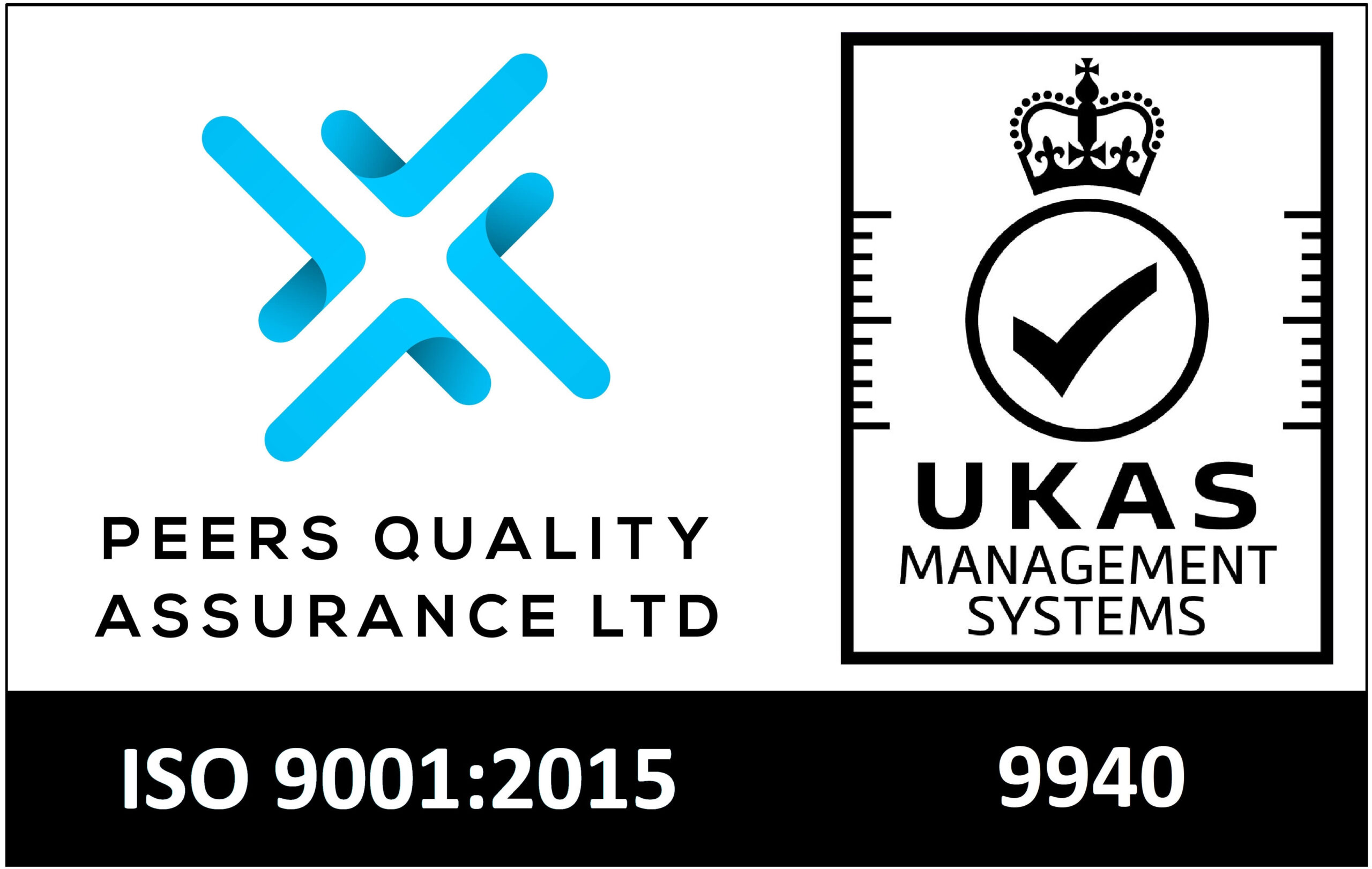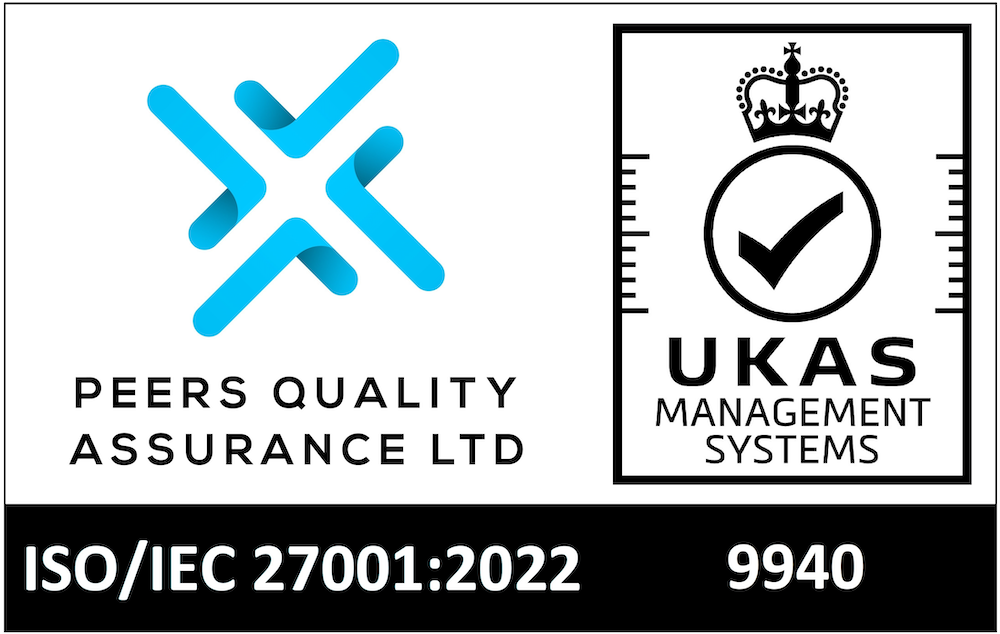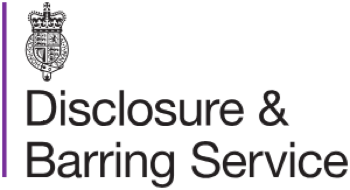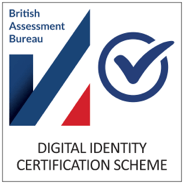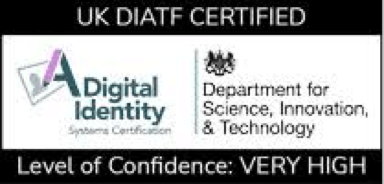Author: Joey Lyons
Baseline Personnel Security Standard
Baseline Personnel Security Standard or BPSS for short is the standard background check required for government employees and government contractors in the UK. It includes a variety of elements such as criminal records and identity checks and is a minimum requirement for working in and with the public sector.
If you work with the public sector in secure environments then you’ll need to know about BPSS.
This post is a quick guide for employers who are new to Baseline Personnel Security Standard and is designed to give you the background you need to understand whether you can get the accreditation for yourself and your staff.
In this post;
- What is Baseline Personal Security Standard?
- What is included in a BPSS check?
- Who needs a BPSS certificate?
- How long does a Baseline Personnel Security Standard certificate last?
- Can we accept a BPSS from another employer?
- Can you fail a Baseline Personnel Security Standard check?
- Is a BPSS check the same as security clearance?
- What is the difference between a DBS check and BPSS check?
- How do employers get Baseline Personnel Security Standard checks done?
What is BPSS?
The Baseline Personnel Security Standard (BPSS) is the minimum pre-employment background check for government employees, the armed forces and contractors.
It is designed to ensure that people working in places where they have access to government assets, sensitive information or who have control over government assets are trustworthy.
The BPSS includes a series of measures designed to reduce the risk of employing people or contracting out services and is a useful way of ensuring consistency between government departments.
What is included in a BPSS check?
There are four parts of the Baseline Personnel Security Standard system that need to be investigated to provide assurance.
The 4 elements are often referred to as RICE.
- Right to work — we check if candidates are entitled to take up the position as well as check their nationality and immigration status.
- Identity — full ID check.
- Criminal records — BPSS is not the same as a DBS but as part of the checks, we perform a Basic Disclosure showing any unspent convictions.
- Employment history check — confirmation of past three years of employment (minimum) history/activity.
If candidates have spent 6 months or more overseas in the last 3 years they must declare that as well. We have offices in multiple European countries and can easily perform the required International Criminal Record checks.
Who needs a BPSS certificate?
A Baseline Personnel Security Standard certificate is a requirement for anyone employed as a civil servant whether that is permanently or on a temporary basis.
Contractors who work with government departments and their support staff may also need one.
A BPSS check is a part of the security clearance procedure so anyone requiring security clearance will need to obtain a BPSS first.
How long does a BPSS certificate last?
In general terms, there is no expiry date for a BPSS, especially where a person remains employed with the same company or leaves but then returns within a year.
However the Baseline Personnel Security Standard is a risk mitigation procedure, employers may want to refresh certain elements periodically.
For example, a DBS check is only valid on the day it is performed and naturally won’t show any convictions after that date, but the government does provide a refresher service that individuals can sign up to.
Similarly for foreign nationals, the right to work legislation means that the employer will need to review their right to work in the UK and this is also part of the BPSS.
Can we accept a BPSS from another employer?
Where people transfer between companies then the new employer can in some circumstances accept an existing BPSS but given that employers are legally required to carry out most of the elements including ID, right to work and immigration status checks then it makes sense to simply get the whole thing done again and will usually be quicker.
Can you fail a BPSS check?
The Baseline Personnel Security Standard isn’t really designed as a “pass or fail” check, but more of a risk reduction measure.
The aim is to ensure that government departments understand who is working for them and manage any risks around that.
A person may have adverse findings on the DBS check element of the BPSS but if the convictions aren’t relevant to the position being sought then the local managers can take a view on employing them.
An example of this may be someone who was convicted and imprisoned for dangerous driving who is applying for a job as a clerk in a government department. The conviction isn’t directly relevant to the role sought.
Is a BPSS check the same as security clearance?
No.
In fact, the guidance specifically states that “The BPSS is not a security clearance”.
There are four levels of personnel security controls and the BPSS is, as the name suggests, the baseline.
Once this has been completed there are three levels of security clearance above BPSS and these are the Counter-Terrorist Check (CTC), Security Check (SC) and Developed Vetting
(DV).
What is the difference between a DBS and BPSS check?
The Disclosure and Barring Service check is one component part of the BPSS standard.
As such it forms an important part but the BPSS pre-employment screening is much wider and deeper in its focus.
How do employers get Baseline Personnel Security Standard checks done?
Although the employer can do elements of the BPSS themselves such as right to work and identity checks it is much more efficient to hand the whole process over to a specialist like Checkback.
We have been doing BPSS checks since before they were invented (they used to be called the “basic check”).
Our highly trained and experienced people understand how to make sure your checks are done quickly and efficiently and all of our work goes through an ISO27001 compliant quality assurance procedure.
Our proprietary platform was designed from the ground up to be 100% GDPR compliant and features military-grade encryption.
Call us now on 0144 281 6333 or fill in the ‘request a call back’ form at the top of this post and let us talk you through how easy your BPSS checks could be

